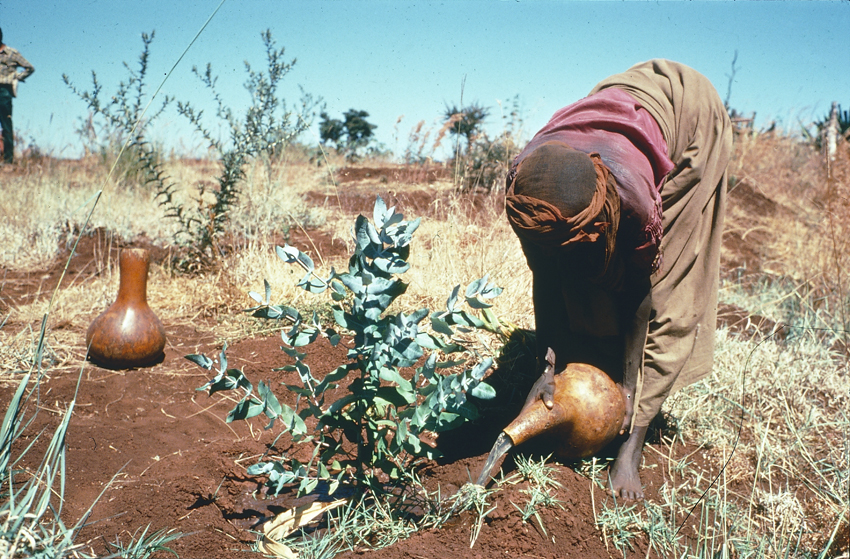In association with the Foreign and Commonwealth Office, National Intelligence Council and the Ministry of Defence
Building on the scope of HMG policy planning and on previous ‘Futures’ conferences, this high level meeting brought together policy planners and strategists from governments, academia and industry to consider global trends, challenges and opportunities over the next 15-20 years. Themes were drawn from the National Intelligence Council’s ‘Global Trends 2030’ report.
Some key points from the conference were:
- Resource security refers to the capacity to meet fundamental energy and material demands for the socio-economic development of a nation and the daily living conditions of its people. The objective is to ensure sufficient amounts, feasible prices, and stable and sustainable supplies. Its meaning should be expanded into a broader context, including three chains (resource supply, resource value and resource benefit), and three abilities (to control resources, to safeguard security, and to encourage core innovation).
- Resource scarcity, as projected by the US National Intelligence Council’s Global Trends 2030: Alternative Worlds, will be national or regional, rather than global. The inter-dependency between overall resources and the trade-offs between food, water and energy could impact within two decades. Fragile states in Africa and the Middle East are most at risk of food and water shortages. Emerging economies such as China and India are also vulnerable.
- Managing the psychological fear or perception of resource scarcity is as important as managing the resource.
- The probability of resource wars as a major form of intra- or interstate conflict in the foreseeable future is low. It is unlikely that resource insecurity will lead to large scale violence in more affluent parts of the world.
- The food-water-energy nexus will become crucial in the next decades. Water is indispensable for production of both food and energy, especially biomass. Energy is also necessary for pumping water. However, water (especially fresh water) is not only finite but also unevenly distributed on earth so there will be water stress at the global level and some tensions over water at the regional level.
- The impact of climate change will reduce the availability of food, water and energy, thus exacerbating resource scarcity. However, resource-caused inter-state conflict is generally allocated a relatively low probability despite the fact that the demand for each will rise substantially, with 35% more food, 40% more water and 50% more energy required to support a global population of around 8.3 billion people.
- Although the probability of resource-incited inter-state conflict is low, there may be future flashpoints in some regions, particularly where there are other triggers. For example, in the East China Sea and the South China Sea, territorial disputes have been complicated not only by resources but also by regional geopolitics.












